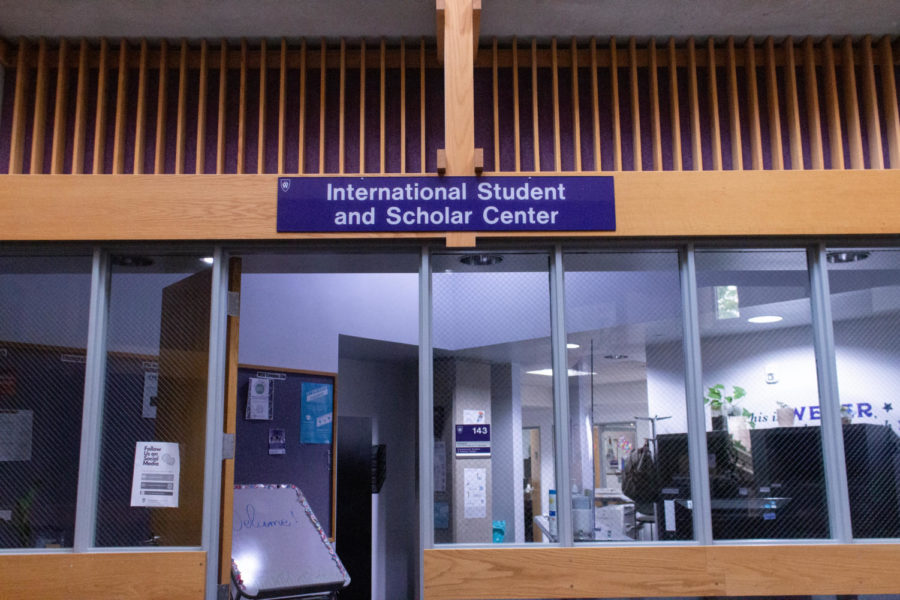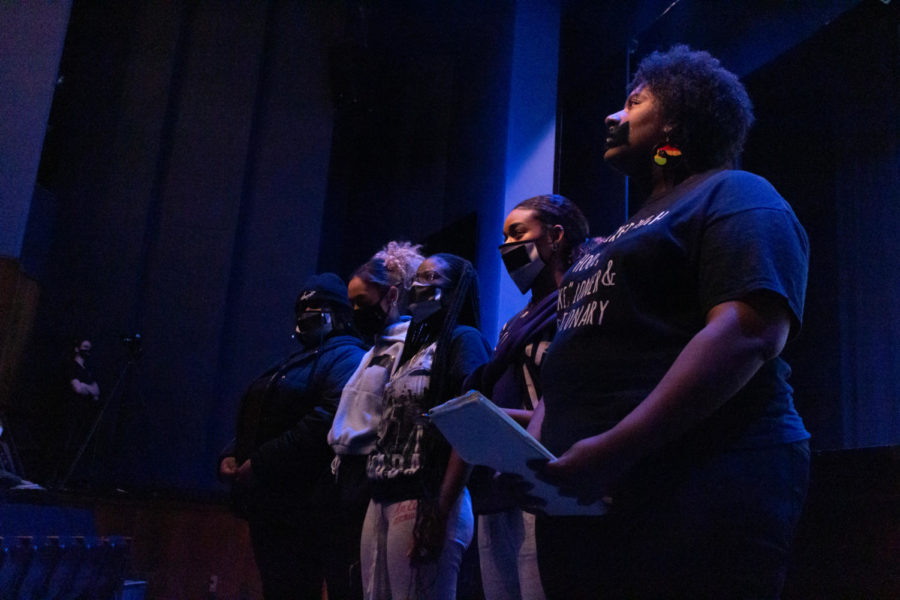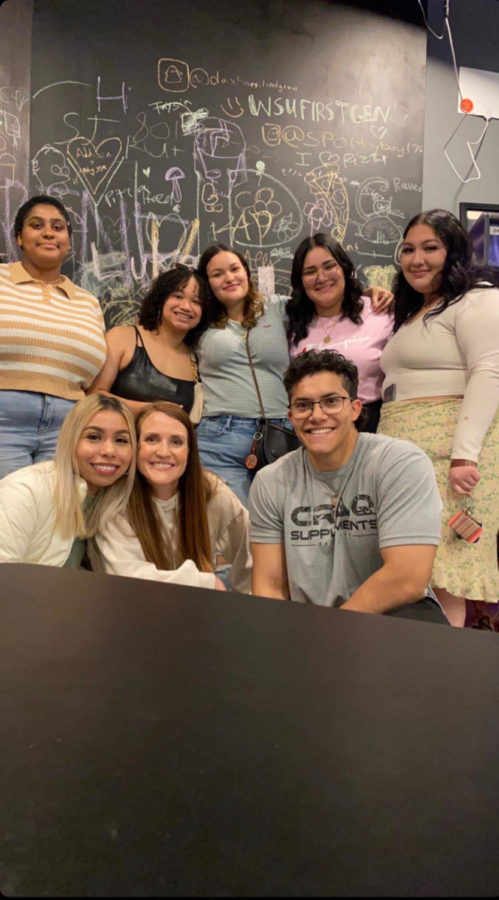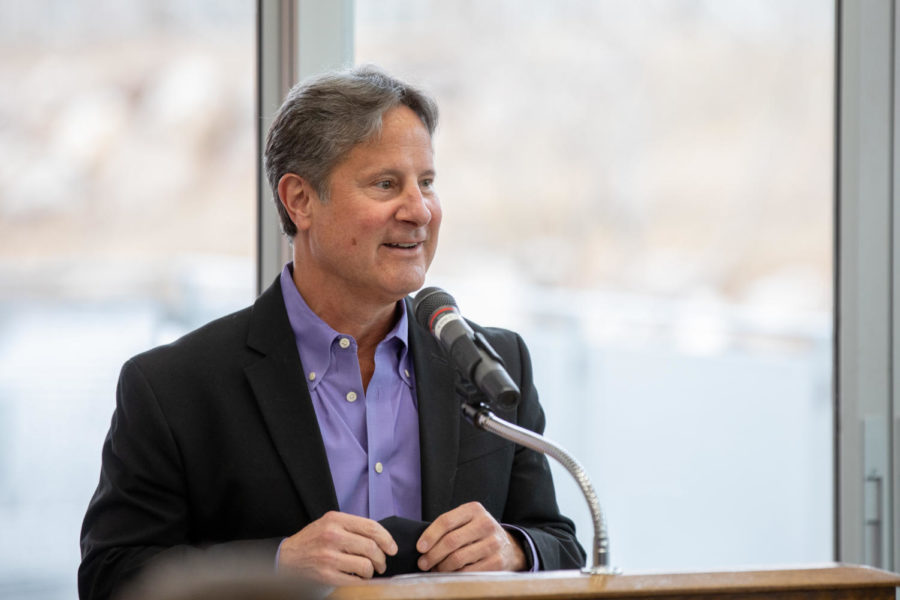Weber State University chemistry major Amanda Barnes pulled her long black hair into a ponytail and quietly read the lab instructions. She stopped, walked to the reagent bench and read the instructions again. She stared at each glass stoppered bottle, scrutinizing each chemical name.
“There,” she said. “That’s the one I used instead of ether.”
“That’s ethanol,” the professor said. “I can’t give you credit for this lab. Better luck next time.”
A mistake such as this could happen to any student, but for Barnes, it happens more often than not.
“Some people think I’m crazy to be a chemistry major because I have dyslexia,” she said. “Sometimes I think I’m crazy, but why should you put limitations on yourself?”
Barnes said she didn’t choose chemistry to prove a point, but that it just “sort of happened.”
“I jumped from class to class, program to program, and hadn’t found anything I was passionate about,” she said. “For kicks, I sat down and looked at my friend’s chemistry homework. I skimmed through the book and gave my suggestion. He was dumbfounded and asked how I did that. I didn’t have an answer. I guess, in a way, I just saw it. At that moment, I decided to enroll in my first chemistry course.”
According to the National Center for Learning Disabilities, only 10 percent of students with a learning disability enroll in college within two years after high school graduation, compared to 28 percent of the general population.
Barnes said that when she enrolled at WSU and later became a chemistry major, she never thought of her dyslexia as a disadvantage.
“It didn’t matter, because I had found a piece of me that had been missing,” she said. “An undeniable passion for a subject. For the first time, I didn’t care what my grade would be or how I would be compared to other students. I just wanted to learn.”
As Barnes has progressed through the chemistry program, she noticed her dyslexia was worse based on certain classes and how stressed she was. She quickly learned that during exams, she was the most vulnerable.
“Sometimes, no matter how many times I read a sentence, I can’t make sense of (it),” she said. “Once, during a physics exam, I worked through the entire problem, and at the end, it came down to four divided by two. I answered one-half. And I failed all because I had switched two numbers.”
Barnes said that while she has used the WSU Services Students with Disabilities Center in the past, she likes to keep a low profile and wants other students who really need help to be able to get it.
Angela McLean, a disability service specialist at the center, disagreed with Barnes’ idea.
“We are here to help the students any way we possibly can,” she said. “We can’t help the student unless they come to us and have the correct paperwork. We can help provide students with learning disabilities such as dyslexia by having their exams digitally converted, having someone to read the test aloud to them or having extra time to complete it.”
McLean said that in an average semester, the center serves about 300–500 students. This averages out to about 3 percent of the student population at WSU.
“Often people think about a disability as being a physical disability, such as a wheelchair or blindness,” McLean said. “Sometimes people are shocked when they hear that we serve that many students, but they don’t realize that most of these students have hidden disabilities such as learning, medical or psychological.”
Barnes said that despite her apparent disadvantage as a chemistry student, she remains optimistic and excited for graduation.
“This is the only life I know,” she said. “I am aware that some people are quick to judge with what society labels as a disability. I would regret not trying. Life has its ups and downs. It’s a crazy little roller coaster and I am just here for the ride.”
More information on Services for Students with Disabilities is available at http://weber.edu/ssd.











